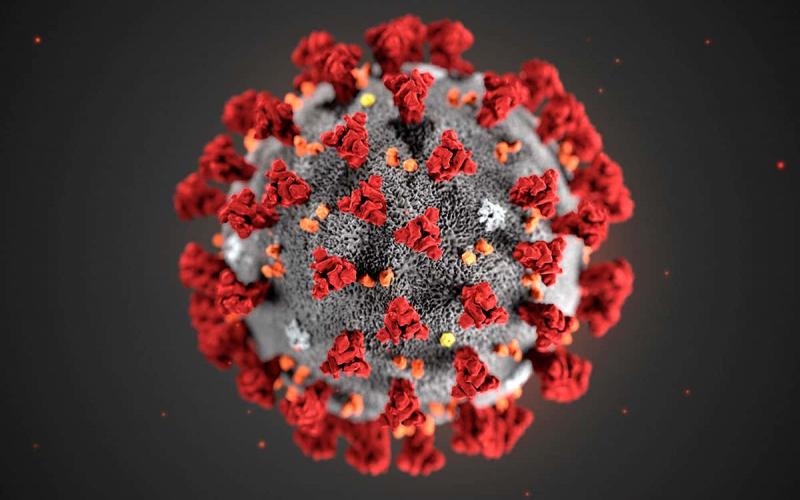By Beau Evans
Staff Writer
Capitol Beat News Service
ATLANTA - Ahead of an April 30 end to the state’s shelter-in-place order, Gov. Brian Kemp urged Georgians to continue social distancing and to seek testing if they experience common coronavirus symptoms like coughing, fever and shortness of breath.
At a news conference Monday, Kemp did not say whether he will extend the statewide shelter-in-place order beyond Thursday, when it is set to end. The order has already been extended once since it was first issued on April 3.
He noted only that the order is currently scheduled to end after April 30 and that he plans to make a decision later this week on what to do next.
“I just haven’t made those decisions yet,” Kemp said.
The governor did say, however, that elderly persons and those with chronic health issues will likely need to continue sheltering-in-place well into mid-May, and perhaps for longer than that.
Georgia's shelter-in-place order has required people to remain at home except for essential errands like grocery runs and to exercise, and for most businesses to limit their operations only to levels that will keep them financially afloat.
As businesses start slowly reopening, Kemp and the state’s public health commissioner, Dr. Kathleen Toomey, stressed that anyone in Georgia who is experiencing common coronavirus symptoms can now receive a diagnostic test. On Monday, Kemp called on those with symptoms to “take us up on this offer.”
“We have the tests, we have the physicians, we have the sites and we have the bandwidth,” Kemp said. “What we need right now is to have more Georgians participate.”
Testing was previously limited to the state’s most vulnerable populations, including the elderly and those with chronic health issues, as well as health-care workers and first responders. In recent weeks, state health officials along with Georgia National Guard members have ramped up testing through mobile clinics and partnerships with companies like Walmart and CVS.
Now, everyone can be tested who shows symptoms including fever, coughing, difficulty breathing, chills, muscle pain, headache, sore throat and loss of taste or smell.
“We have plenty of testing capacity,” Toomey said Monday. “And we are ramping up our contact tracing capacity.”
As of 3 p.m. Monday, nearly 24,000 people in Georgia had tested positive for COVID-19, the disease caused by the novel strain of coronavirus that sparked a global pandemic. It had killed 971 Georgians.
Kemp has faced fierce criticism for his decision to allow several close-quarter businesses to reopen this week and last following weeks of mandatory closures. Those businesses include dine-in restaurants, movie theaters, barbershops, gyms and more.
Other establishments like bars, nightclubs and amusement parks will remain close for the time being, Kemp said Monday.
Many health experts and local elected leaders have criticized the reopening decision in light of Georgia’s relatively low testing data compared to other states and a lack of so-called “contact tracing,” which helps officials better pinpoint where outbreaks may be occurring.
Kemp defended his approach as “a measured step forward” that is an option, not a requirement, for struggling businesses to reopen under a host of operational restrictions like physical distancing and routine sanitizing.
“I didn’t order anybody to open any business,” Kemp said Monday. “I simply gave people the opportunity that literally were on the verge, many of them, of losing everything they’ve got.”
Kemp also brushed aside scrutiny over comments made last week by President Donald Trump, who said he was “not happy” with the governor’s reopening plan, specifically mentioning spas as problematic.
Kemp said the state largely has been following federal guidelines for deciding when to let businesses reopen, while also weighing input from local health officials as well as the dire financial situation facing many business owners who have been shuttered for weeks.
“We are looking at depression-like unemployment,” Kemp said. “It has all tumbled off a cliff like it has in every state. But we will come back, and we will come back even stronger.

